New minor urges students to reimagine organizations, corporations, capitalism – the entire economy!
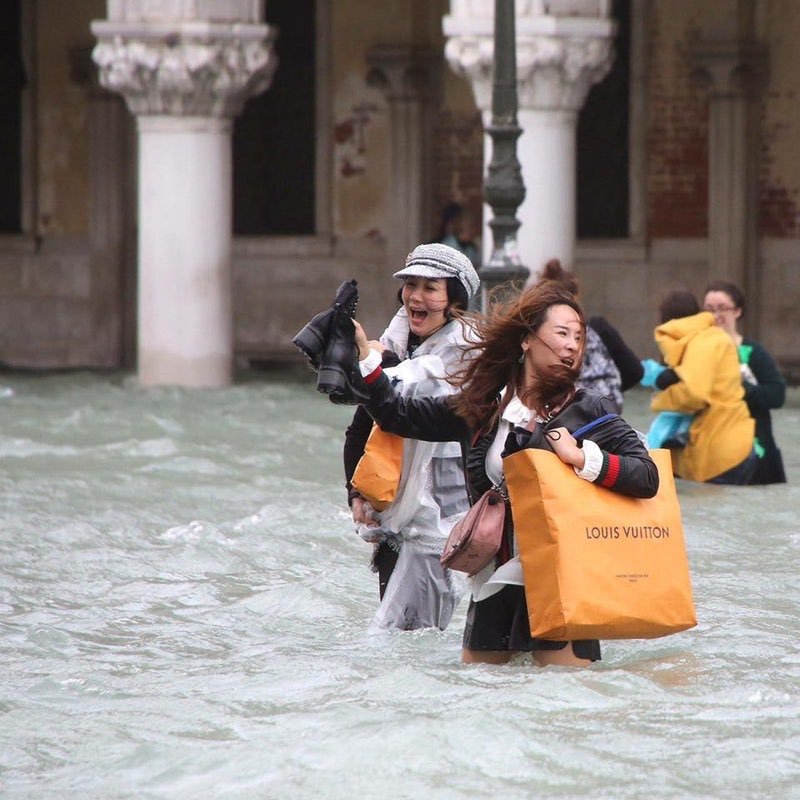
(Photo: André Ramzy/Tweet)
Is there a way to transform our societies and economies towards more environmental and social justice? Yes, three CBS researchers claim. And with a new minor, they want to show students existing alternatives such as eco-villages, democratic corporations and circular economies, and give them the tools to build new organizations, businesses and economies themselves.
A raging pandemic, rising sea levels, gender inequality, business models based on exploitable labor, economic instability and digital rabbit holes. The challenges we are facing are lining up, and they all call for one thing: change, say three CBS researchers.
“We live in a time characterized by different types of crises, environmental, social, economic and a lack of trust in state institutions and corporations, and young people and students understand that we need to do business differently and organize ourselves differently if we want to change this,” says Mathias Hein Jessen, Associate Professor at the Department of Management, Politics and Philosophy.
Mathias Hein Jessen, Postdoc Birke Otto, Assistant Professor Lara Monticelli, Associate Professor Lena Olaison and Postdoc Amira Benali, all from the same department, have established the new minor, “Transforming Business and Organizations to Build Sustainable and Democratic Economies”, for master’s students at CBS.
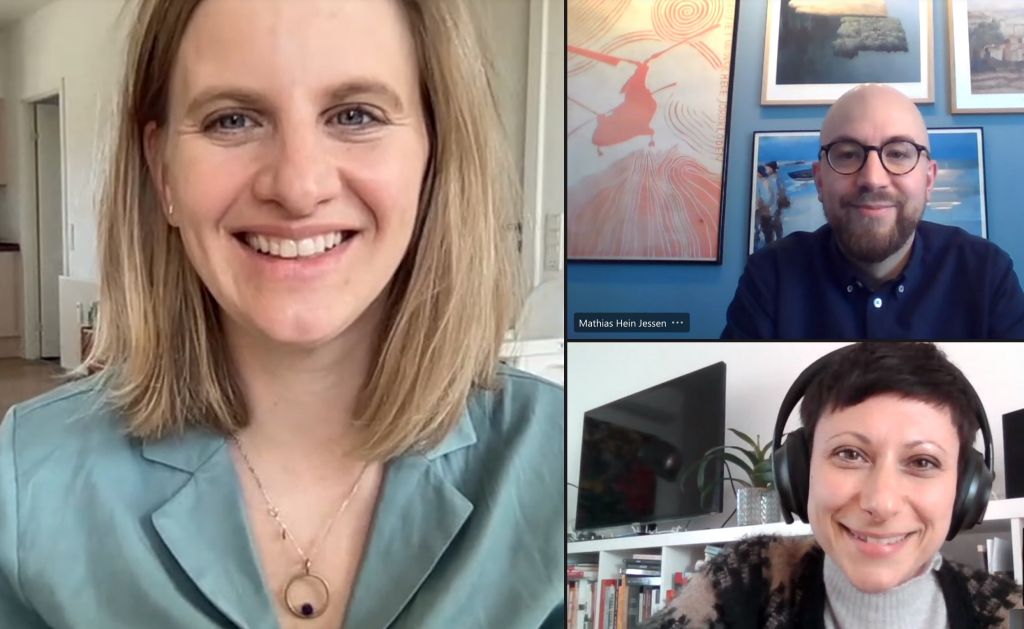
Birke Otto, Mathias Hein Jessen and Lara Monticelli teach the courses in the new minor. (Screenshot from Teams meeting)
The new minor consists of three courses; Re-Imagining Capitalism, Transforming the Corporation, and Organizing for Change, which can all be taken as individual courses (see fact box). And the courses combine management and organization studies, philosophy, law, sociology and environmental studies, to mention a few.
“We will try to be quite experimental in our approach to what and how we teach. So we will depart from the classical theories and include a variety of different perspectives. We will have classes on the Anthropocene and climate change, democratic corporations, circular economy and heterodox economics and possibly even visit concrete examples of alternative organizations and collectives such as eco-villages ,” explains Lara Monticelli.
According to the researchers, the students will be equipped with an in-depth understanding of capitalism and the current economic systems, because only by knowing how and why things work as they do today, will we have the potential to change them, they argue.
“When we talk about reimagination, it’s not only a nice title, it’s also a method. We can learn from the experiences we have already,” says Birke Otto and continues:
“By exploring concrete cases of alternative ways of doing things, we can find and develop new visions. It gives us the capacity to be different, rather than being lost in business as usual that may narrow our viewpoints. And that’s what we can offer at universities. The capacity to think beyond the box, and gain the skills and knowledge to promote change.”
The application deadline for the minor is April 27, and you can read more about the minor here.
No blueprint for alternatives
The three researchers want to provide students with practical tools. Therefore, the courses draw from entrepreneurship and leadership literature, as well as showcasing examples of businesses and not-for-profit organizations with different organizational structures and goals. From Silicon Valley start-ups to local community organizations.
“Analyzing such cases also allow us to look at their shortcomings, and the tensions involved. For example, how can a business be profitable without subjecting itself to the imperative of excessive growth that may be unsustainable for society more broadly?” says Birke Otto and continues:
“What we want to highlight is that there’s no blueprint for alternative organizations – that would be somehow paradoxical.”
Mathias Hein Jessen explains that the tools will be of the more analytical kind.
“We see now a number of union struggles in the US against Amazon, but also the case of Nemlig.com here in Denmark could be highlighted. By analyzing such cases, we can ask ourselves what it would mean if the employees had a bigger say in how to run the business, through influence or co-ownership. What would it mean to democratize a business, such as Amazon for instance – and is that even possible or desirable,” he says.
Birke Otto acknowledges that it can seem hard – almost impossible – to go about changing how we normally work, consume, and organize ourselves, which is why it is important to showcase alternative examples.
“Many of us feel stuck doing things by default. We are stuck in the way we engage with digital technologies, the food we eat and the products we consume, and how we organize ourselves, although we know it can harm ourselves and the environment. But by showing that alternatives exist, that you have communities and businesses working hard to do things differently, change becomes tangible, and then we can change things together,” she says.
Change starts with education
Lara Monticelli
During the minor, students will also have to work in groups and come up with alternative forms of organizations themselves and critically test them; how feasible are their goals, what are their unintended effects and possible long-term effects, explains Birke Otto.
In the end, the three researchers hope that the students will engage themselves in the debates surrounding the challenges of changing how we live and organize ourselves.
“In order to fundamentally change, we need to critically explore and understand how our current economy functions, and now the students can do that and address those questions at their own university,” says Mathias Hein Jessen.
Lara Monticelli adds:
“And change all starts with education.”



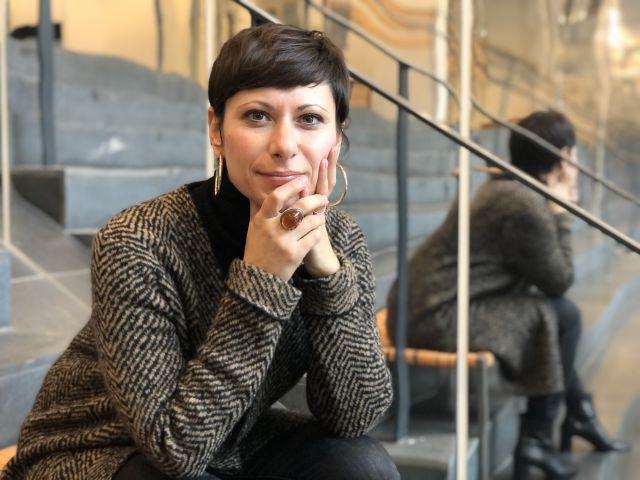



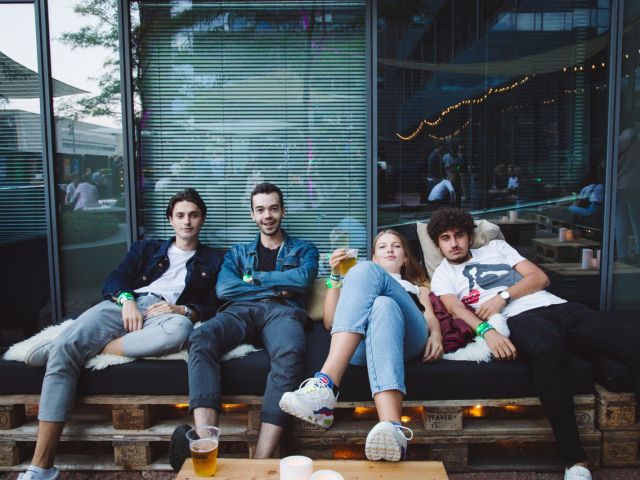
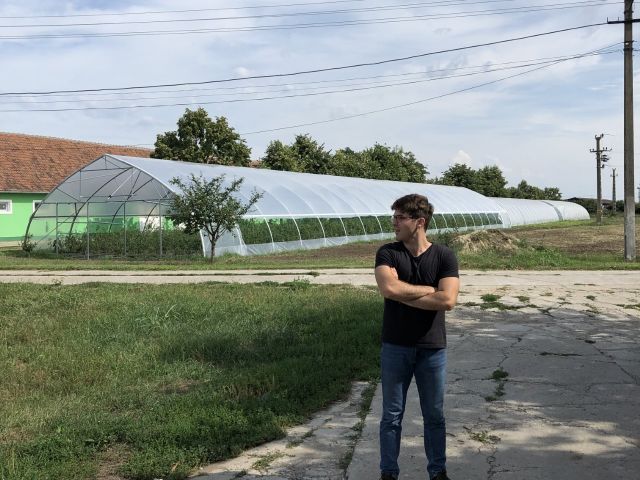




























































































































Comments